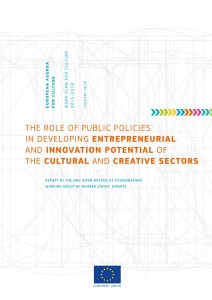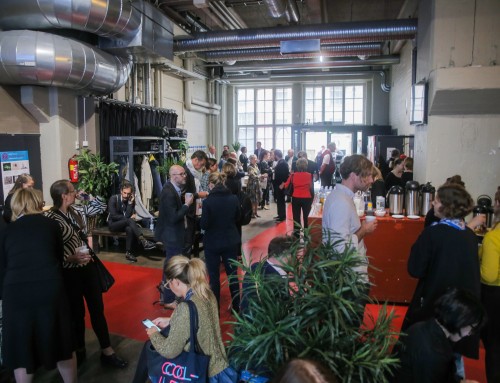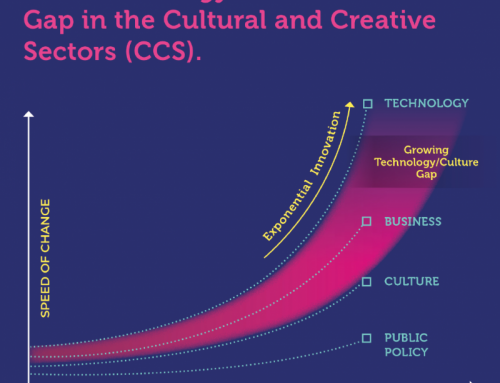In addition to acknowledging the cultural and creative sectors’ (CCS) potential for “improving the well-being of people, increasing crisis resilience and providing innovative solutions for the problems of our societies”, the report encourages policymakers to shift the focus of financial and non-financial support to SMEs and micro enterprises, and advocates for CSS’s innovative input for addressing current societal (and inherently cultural) challenges.
 The EU Report “The role of public policies in developing entrepreneurial and innovation potential of the cultural and creative sectors” was recently published and is already sparking intense debates and reflections across the cultural and creative sectors (CCS) in Europe. This report is the result of the work done by a cross-sectoral Open Method of Coordination (OMC) working group of Member States’ experts in the field of culture as well as in the field of economic/business development.
The EU Report “The role of public policies in developing entrepreneurial and innovation potential of the cultural and creative sectors” was recently published and is already sparking intense debates and reflections across the cultural and creative sectors (CCS) in Europe. This report is the result of the work done by a cross-sectoral Open Method of Coordination (OMC) working group of Member States’ experts in the field of culture as well as in the field of economic/business development.
The starting point of the report is that “The innovative power of the cultural and creative sectors is essential for the further development of European economies and societies, because it: generates well-being and cohesion; shapes the public space used by millions of Europeans; modernises industries and business sectors with new creative input and methods; provides meaning and a feeling of belonging; upgrades urban and rural areas; designs our products and services; produces and digitises content; enriches our visual experiences; [and] provides content for debates” (p. 7).
The report identifies three main conclusions and nine recommendations for policymakers to support the CCS. Among the main conclusions, the report highlights these sectors’ “potential to generate positive change in and for society by improving the well-being of people, increasing crisis resilience and providing innovative solutions for the problems of our societies”. Under the headline “The value of the small”, a second conclusion remarks that the “focus of (…) [financial and non-financial support] programmes needs to be shifted to SMEs and micro enterprises and their realities of creating new value in the European economy”. Finally, as a third conclusion, experts argue for the innovative input from the CCS for addressing the 21st century’s main challenges, which “are and will be largely cultural in nature as human values and rights are being questioned and democracy is endangered” (p. 95).
Focusing on non-financial support measures, this study complements and gives continuity to the report “Towards more efficient financial ecosystems. Innovative instruments to facilitate access to finance for the CCS: good practice report”, an outcome of the OMC working group on access to finance. The establishment of both working groups was anticipated in the Work Plan for Culture for 2015-2018, one of whose four priority areas concerns the creative economy and innovation.








Leave A Comment